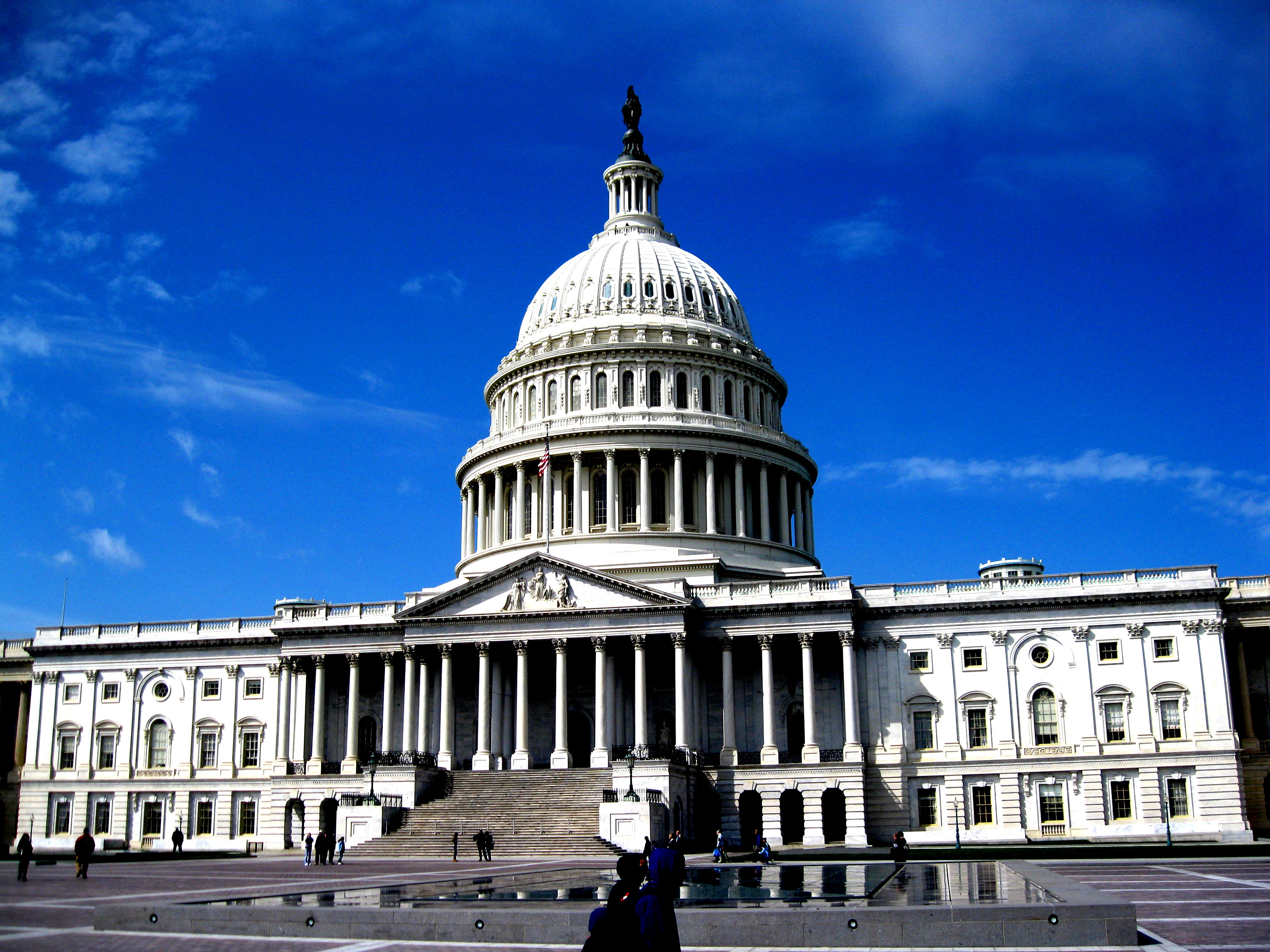US Secretary of Labour Confirmation: What we can Expect from Alexander Acosta
 https://www.flickr.com/photos/mdgovpics/33306070032/in/photolist-SK9jfL-SVkZBd-SVkYTQ-K88D8J-RGp2gU-RGoGkC-SK9kKQ-RJYBf6-SK9iaj-RGoWG3-RGp8xS-RJYDz6-RGp7F1-SVkWAy-RGp1pd-SK9n5J-RGoXVA-RGoZ4h-oyoySa-oyoMtd-oQRtLw-oQRyfG-oQToxV-oyp3rC-oQToMn-8NSXnr-q4Ways-oQRuJ3-oQBwGi-oyoK5q-oyoJXw-oNRC5S-oNRzK1-oyoB1i-c1jpHU-oQTmjg-oyoYXo-oQTmkt-oyoMxS-oyoMHG-oQToPB-9CJquR-9CJuQX-9CJtfX-9CMs7q-9CJoLP-SK8YhE-9CJnng-9CJrQB-9CMtpJ
https://www.flickr.com/photos/mdgovpics/33306070032/in/photolist-SK9jfL-SVkZBd-SVkYTQ-K88D8J-RGp2gU-RGoGkC-SK9kKQ-RJYBf6-SK9iaj-RGoWG3-RGp8xS-RJYDz6-RGp7F1-SVkWAy-RGp1pd-SK9n5J-RGoXVA-RGoZ4h-oyoySa-oyoMtd-oQRtLw-oQRyfG-oQToxV-oyp3rC-oQToMn-8NSXnr-q4Ways-oQRuJ3-oQBwGi-oyoK5q-oyoJXw-oNRC5S-oNRzK1-oyoB1i-c1jpHU-oQTmjg-oyoYXo-oQTmkt-oyoMxS-oyoMHG-oQToPB-9CJquR-9CJuQX-9CJtfX-9CMs7q-9CJoLP-SK8YhE-9CJnng-9CJrQB-9CMtpJ
Last month, Donald Trump announced his second nomination for Secretary of Labour, Florida attorney Alexander Acosta. This comes after Trump’s first choice, fast food executive Andrew Puzder was forced to step down after several accusations of domestic abuse and hiring an undocumented worker as his housemaid.
The new nominee seems to be a more promising candidate, garnering support from Democrats and Republicans alike. Acosta currently serves as Dean of Florida International University of Law and, having served as South Florida’s federal prosecutor during the Bush administration, has also gained much experience in the Justice department at a Federal standard. Before becoming Dean of FIU, Acosta was Assistant Attorney General for the Civil Rights division of the American Department of Justice from 2006-2009. Despite his conservative leanings, Acosta has shown to have the support of many democrats and the United States Hispanic Chamber of Commerce who believe Acosta

will bring to the Trump administration “strong bipartisan and cultural perspective”. This month, it is expected that the Senate will decide on Acosta’s nomination. If approved, he will oversee and regulate annual influx of about one million documented contract workers. Despite his conservative background, much of the cases he has overseen involve defending the rights of minority groups. As Attorney General for the American Department of Justice, Acosta defended the right of Muslims-Americans in allowing them to wear hijabs in classrooms. Additionally, Mr. Acosta has urged politicians to create legal path towards legal immigration. Clearly, this progressive stance is a large contrast towards Trump’s buy American, hire American doctrine.
Understandably, one cannot help but wonder why Trump decided on a candidate who’s record seems to show a more inclusive set of accomplishments. Indeed, as the Senate confirms Trump’s choice (he already has survived three Senate confirmation hearings), Alexander Acosta will be the third Cuban -American cabinet in history, as well as the only (possible) Hispanic member of the Trump administration. Perhaps Trump is aware of the large criticism he has received for not having nominated a single Cabinet secretary from the nation’s second largest population group. Another reason may be to divert attention from recent headlines, such as the resignation of Michael Flynn for misrepresenting conversation with the Russian ambassadors and Secretary of Labour Andrew Puzder’s personal and professional troubles, including his multiple violations of labour laws. However, Alexander Acosta would mark only the third person from a minority group as a member of the Trump administration, and one would have to wonder as well whether Trumps’ choice was strictly a strategic choice to nominate a less controversial, perhaps moderate candidate to avoid further scandals.
If the Senate decides to confirm Alexander Acosta as Secretary of Labour, the Hispanic population will have a representative in the highest level of the Executive branch. The Latino voice in the cabinet could be a critical role, but only if Acosta is a strong and willing advocate for the community. Indeed, the department of labour has a had a rich history in the economic and political landscape of the United States. Although the Department of Labour was not established until 1913 under the presidency of William H. Taft, in the century since its inception, it has worked to “foster, promote and develop the welfare of wage earners [and] job seekers of the United States”. Since the first Secretary of Labour William B Wilson, the position has worked to give American workers a voice in government affairs. In the past, all Secretaries of Labour have shown to have a strong familiarity of labour relations and an understanding of the political process in the context of the complex political system which includes labour agencies well as lobbying groups. Currently in the United States federal government, Hispanics make up only eight percent of the total workers in Washington. If the senate confirms the new Secretary, it may be possible that Mr. Acosta would seek to hire qualified Hispanic-Americans to the department. Bi-partisan agreement on the confirmation of the new Secretary of Labour seems to be a strong possibility, as many labour organizations and democratic Senators have voiced their support for the candidate. Unlike many of Trump’s cabinet, Acosta is a qualified candidate who understand the legal procedures critical to ensuring worker’s rights.
The delay for the confirmation hearings has been pushed back to the end of March due to Trump’s unexpected trip to Tennessee where he will attend a rallying and a celebration commemorating Andrew Jackson’s 250th birthday. Despite Trump’s rather unexpected choice for Secretary of Labour, it seems he continues with his pattern of attending campaign rallies, rather than placing higher priority on appointing cabinet positions.
